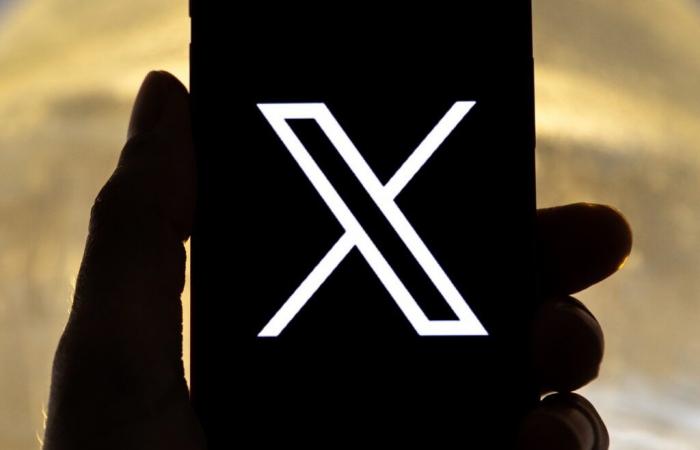As Donald Trump takes office for his second presidential term this Monday, January 20 with, in his wake, his potential future minister of government efficiency, Elon Musk, boss of as unavoidable.
And like The Worldthe Guardianthe New York TimesBastamag, Mediapart and numerous NGOs such as Amnesty International and Public Eye, The Mail leaves fake news in series. A jump seat for the far right and anti-feminists, the social network X has become nauseating.
If some choose to stay on endorse by its presence, or even finance this type of content. Journalism no longer has anything to gain from a platform that no longer provides room for healthy and balanced public debate.
Good riddance? One might think so, especially since the X algorithm has been making content published by so-called traditional media invisible for several months, such as The Mailwho carry out investigative and information verification work. But the Meta algorithm has been doing the same for several years! And what about the worrying announcement launched by its owner, Mark Zuckerberg, to put an end to the verification of information (fact-checking) in the United States?
-So, should we also ditch Facebook and Instagram? The question arose. The Mail decided to stay there for the moment, in order to preserve valuable contacts and access to certain information; Instagram, for example, is an important channel for finding out what is happening in Gaza. A large part of the militant actions are also disseminated through this network. But we will have to be vigilant, stick to our ethics and define the limits of what is acceptable.
Leave X, then. But to go where? Like many media, The Mail joined Bluesky, a network developed five years ago on behalf of Twitter, which became independent in 2021. Labeled as benevolent and free of any hatred or violence, this platform which has grown exponentially since the election of Donald Trump nevertheless struggles to offer a moderation more effective than that of the offspring of Elon Musk and Mark Zuckerberg. What will happen when everyone, including the far right, comes together?
“We would like to be able to do without it, but we can’t, it’s a bit like having a relationship with a narcissistic pervert,” noted a colleague the other day. How can I prove him wrong? Social networks are our newspaper boxes in this digital age. They allow our communities to know that we have published an article that may be of interest to them. And if most people “like” or comment on our publications without reading the articles linked to them, it remains difficult to deprive ourselves of this opportunity to make our journalistic work, our opinions and our values known.






